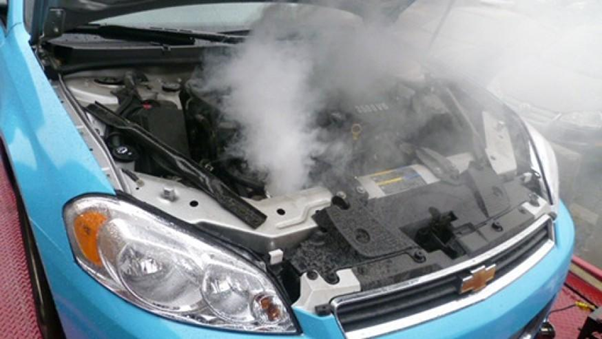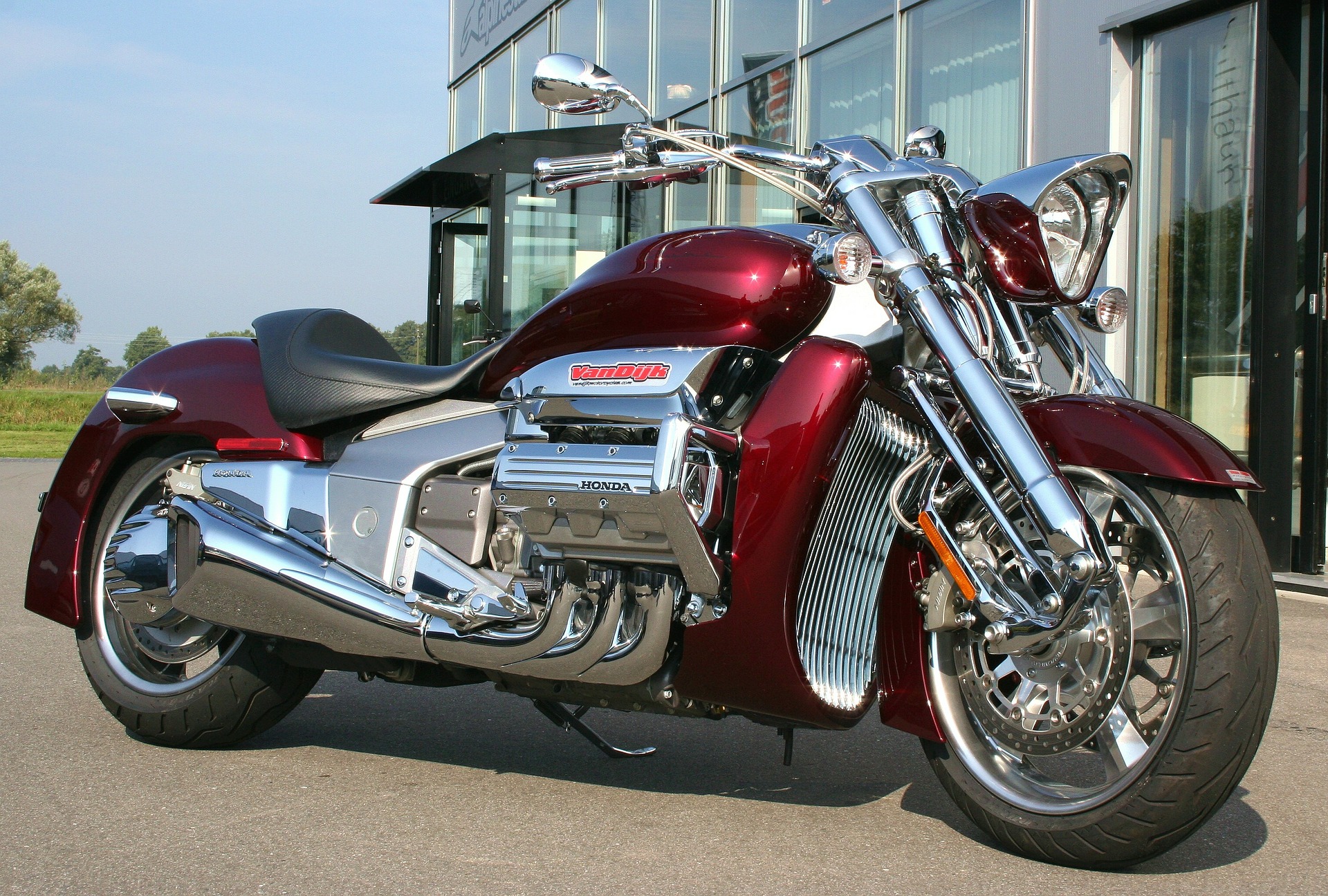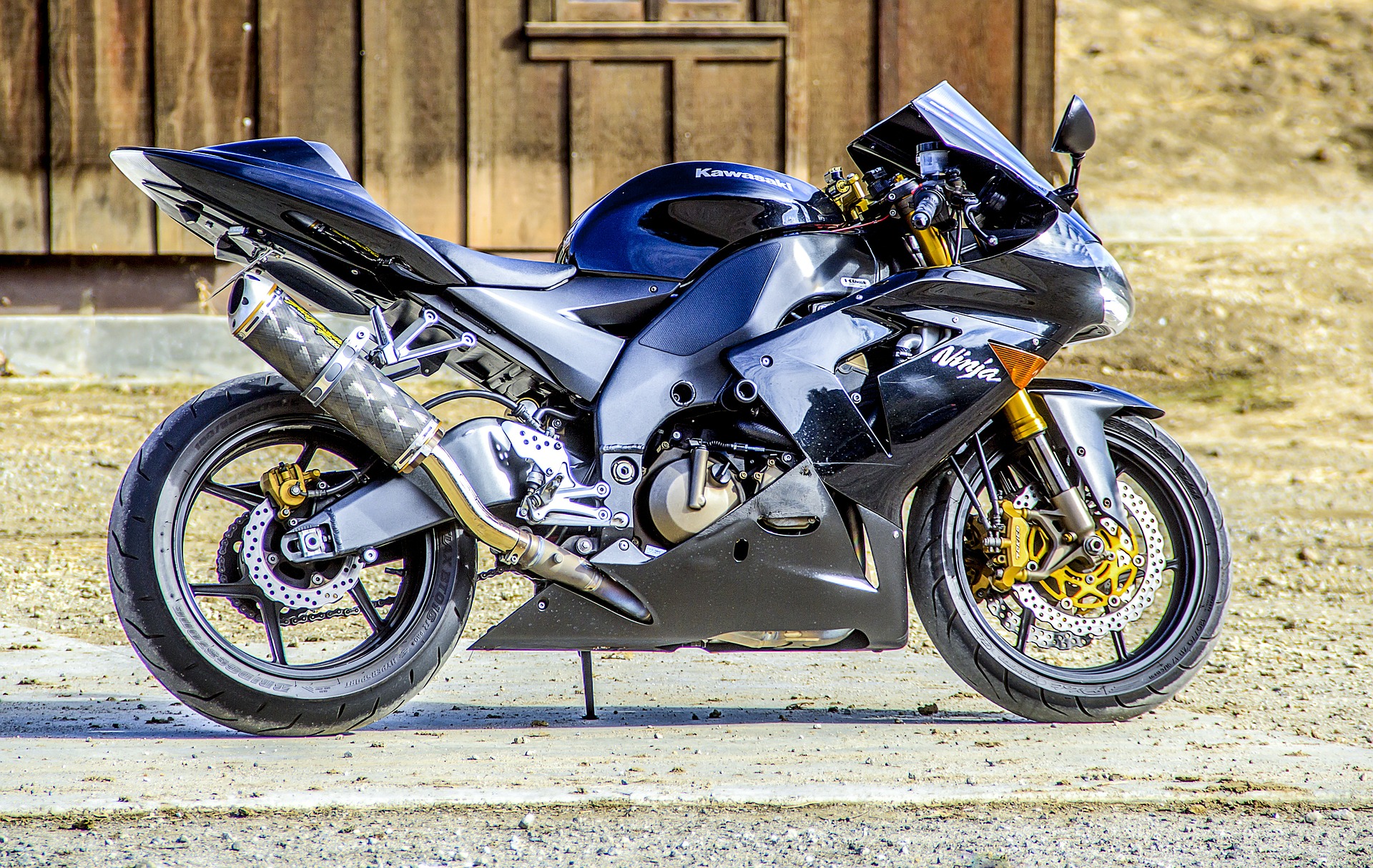To maintain the health of your car engine, it’s important to ensure it doesn’t overheat. Overheating is a sign that the engine is not functioning optimally.
Car engines contain moving components which create friction. Engines naturally get hot during their operation, but if something goes wrong the engine can only handle the stress for a limited period of time and eventually it will overheat unless you intervene.
Why Does Your Car Engine Get Hot
Even with constant advancements in automobile technology, a car engine will still get hot during normal operation. There is little that can be done to stop a car engine from heating, due to moving parts and how thermodynamics work.
It is impossible to turn 100 percent of the heat the engine generates, into “real world” mechanical energy. The engine will always generate extra heat that cannot be used in a useful manner. Usually, this extra heat will dissipate during normal use.
How Hot Can a Car Engine Get?
It’s normal for engines to get hot, but you need to be aware which point is “too hot” for a car engine to still function properly.
The simple answer is most car engines have a heat capacity up to 110 degrees Celsius. For mass-market vehicles, 60 degrees Celsius is a standard running temperature. At 80 degrees, the thermostat opens and the condensing/ radiator functions begin. At 90 degrees, the radiator fan starts to operate in order to provide extra cooling. Once your car reaches 110oC, the overheat alarm will start.
If components do get too hot, liquid coolant is released from the pressure relief valve, contained within the radiator cap. If components such as the radiator cap and hoses are worn or installed improperly, they won’t be able to handle the pressure from the coolant.
Don’t ever try and test the maximum temperature your car can handle. A supercar is designed to operate at higher temperatures, but your everyday car will not.
What Happens When Your Car Engine Overheats?
Even if you’re driving a short distance, running with an overheated engine can break down important components within your vehicle. Everything from the cylinder head to the engine block is affected when the engine is too hot. The reason most modern cars overheat is if the driver is using the air conditioning on full while you’re driving in extremely hot temperatures.
Thankfully, most cars built in the last 10 years have a temperature gauge to inform the driver how hot the engine coolant is in their vehicle. If your gauge regularly shows the car is too hot, you need to get it serviced by a professional.
If your car suddenly overheats, the first thing you need to do is pull your vehicle to the nearest side road and let the engine cool for a few minutes. You can also turn on the heater in your car to draw the heat away from the stressed engine. Check out this article on how to troubleshoot a car that won’t start.
– Take a Look Under The Bonnet
Opening the bonnet allows the hot air to escape. It also lets cool air run over the engine to bring down its high temperature. Don’t open the bonnet if your engine is producing smoke. This could be a fire and you don’t want to make the situation worse by feeding it oxygen!
– Inspect the Coolant Tank
If you fancy yourself a bit of DIY, you may be able to diagnose the problem yourself. The coolant tank is made of transparent plastic material. Its next to the radiator. If the coolant is still full, the reason your engine is overheating is most likely a mechanical or electrical issue. In this case its best to call a professional to have it fixed.
On the other hand if the coolant tank is empty, you may have a leak within the tank itself. Look under and around your car. If you see a puddle or drips of fluid along the ground, the tank may have cracked. Depending on the severity, this may require towing. If it’s minor, you may be able to top it up which means your car can be slowly driven to the nearest mechanic.
Check out this article on how to safely jump start a car that won’t start.
– Add Antifreeze
The coolant that should be in your vehicle is also known as antifreeze. If the engine is superheated, let it cool for a while first then very carefully open the radiator cap with a cloth. Then pour antifreeze and water directly into the radiator itself. It is very important to wait until the engine has cooled down before you do this. If you don’t wait until the engine is cooled down, you risk cracking the engine, because of the sudden temperature change from hot to cold.
How Can You Prevent an Overheating Engine?
There are four key tips you can follow to prevent your engine from overheating, particularly before a long car journey in summer.
– Drive Carefully
Constantly accelerating hard will cause it stress which generates more heat. Doing this in summer months is the perfect recipe for engine failure. Drive carefully and slowly accelerate and decelerate.
– Carry Antifreeze
Carrying antifreeze will save you hundreds of dollars in tow truck fees if you ever get stranded with an overheated engine. Make sure you always have water to mix with the antifreeze.
– Inspect the Radiator Cap
This should be part of your general car maintenance; checking the quality of your radiator cap. The cap itself is such a crucial element in preventing your engine from overheating. It keeps the pressure of the cooling system at a steady state to stop fluids from boiling over.
Because the cap is spring loaded, the components within it weaken over periods of time. This can result in air leaks from the cap. This can weaken the overall pressure of the system, leading to an overheated engine.
– Regular Servicing
Finally, regular servicing by a trained mechanic will help to ensure these problems don’t happen. They should check that your car has oil, antifreeze, and that all components are functioning well.









































